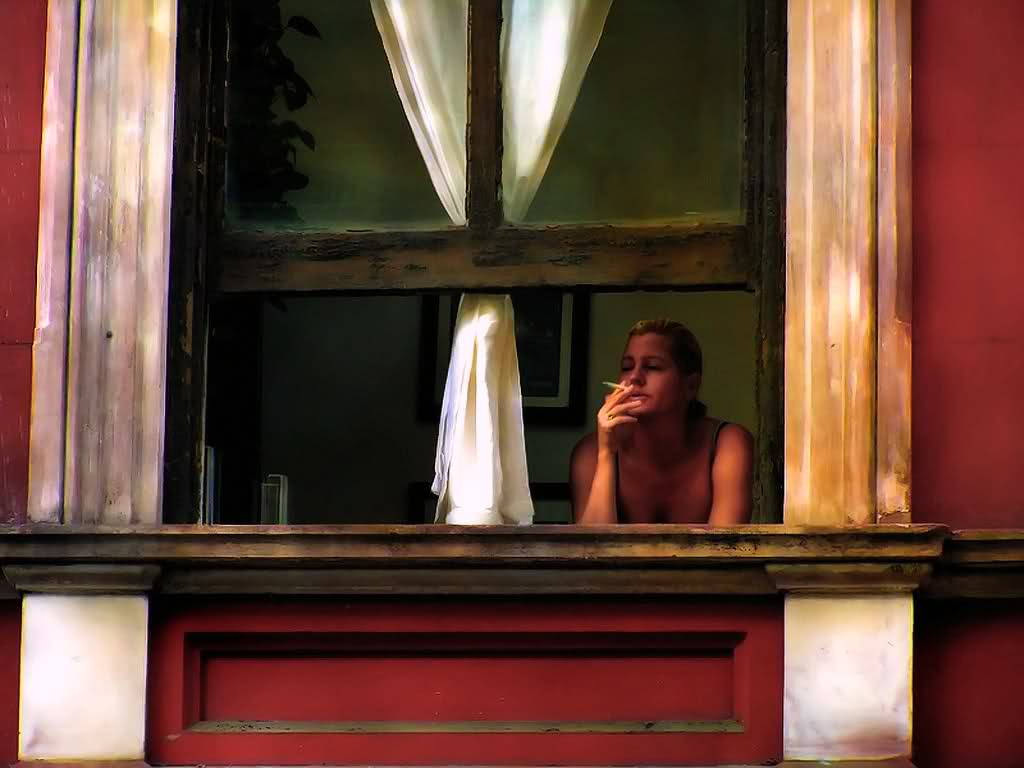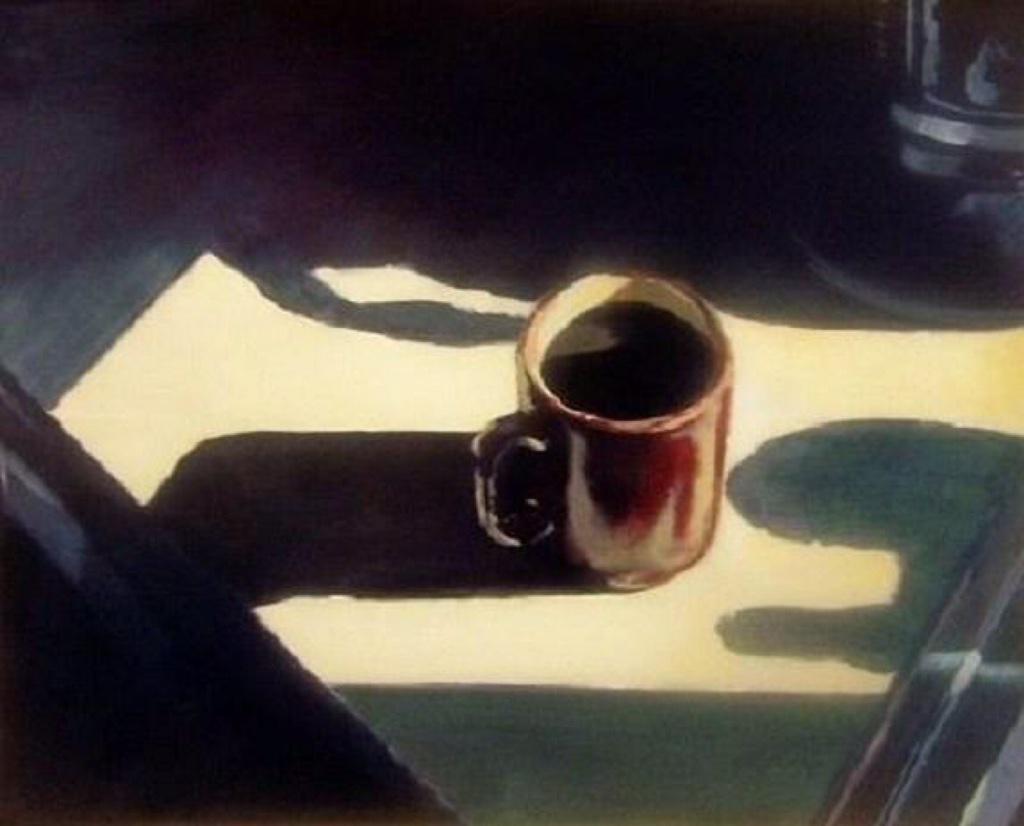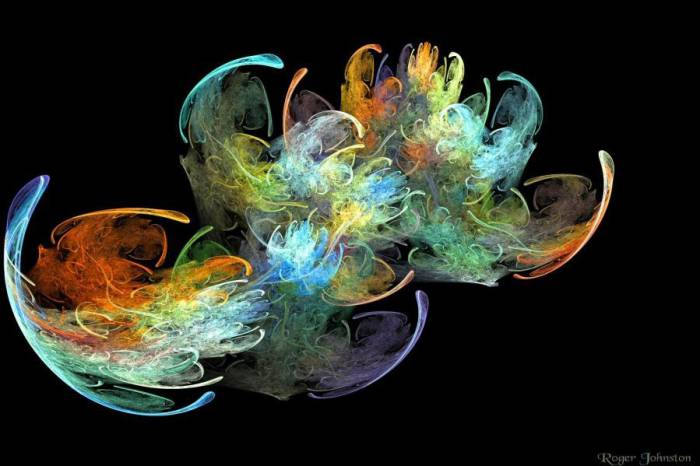On Living Alone
More people than ever are choosing to live alone, and mirrors become both friends and rivals.
If doubts remain as to whether we live in the age of the individual, a glance at housing data should put them to rest. One in every four US homes is occupied by someone living alone, and in big cities like New York, the number is nearly one in two. The same is true in major cities around the world. And it is primarily an urban phenomenon – where people can live alone, albeit with social systems that are truly vast. Thus, the boom in “going solo” has implications that have become intriguing. In all of this intentional loneliness all kinds of human oddities have grown. Pleasures end up being highly specific and, of course, all kinds of psychological dangers lurk.
If we consider the “home” as the godchild of the temple, the individual who lives alone is in his house the representative of law. He arranges his furniture and objects as practical needs dictate (depending on whether or not he works there, if he enjoys reading, cooking, looking out the window…), but overall, this dictation is made, in real time, by the emotions. Time is passed in declaring (not without some naiveté) one’s independence from the rest of the world and against the social contract. At home, no witness will frown if, say, we write an essay in Microsoft Word while watching a chapter of Louie while watering plants. And these kinds of combinations are certainly one of the great pleasures of living alone, equal to walking naked through the house or eating, also while nude, capriciously, during some late night. But the other side of the game is a little more risky.
In one’s apparent “choice’ of distractions, it’s very likely that the subject will fall victim to them. That is, the delights of making small decisions, choosing how and when we want to be distracted have much to do with a reaffirmation of autonomy to which the individual has become addicted. The Internet, ubiquitous in any dwelling and perhaps especially in the home of someone who lives alone, is replete with jewels but has too many traps and puddles. Not all distractions are self-generated. The world is more than ever saturated with advertising and hooks that hold our attention and our time, and with a “click, click” one can easily fall into the ennui of digital flotsam without realizing how it got there and how it went on for so long… and although we know that all of this is surplus, the fact is that with no witnesses to limit our freedom, falling is exponentially easier.

All of these decisions and these apparently chosen distractions, however, do belie a certain activism and rebellion. The double-edged sword has an edge that glitters. Like taking public transport with headphones to avoid hearing the music playing there, every choice involves practicing a small but important act of autonomy. It’s a simulacrum of real world autonomy, played out in a controlled environment.
Privacy also helps us to metabolize, and this issue is one of the most fascinating within the phenomenon of solo living. Solitude can be a generous ally to the individual, or one that threatens overall sanity. Being alone, at home, one can break down and therefore also recover. The act of talking to oneself is not synonymous with madness but an assimilation of the world and washing dishes or cleaning are part of a fundamental dialogue with the spirit. The definition of today’s word “privacy” has changed, as has the rather strong political connotation. We’re concerned with how our information can be used in social networks and how it can interfere with our personal decisions. We’re, perhaps more than ever, aware of the lines dividing the public from the private. Because we’ve decided to share so much of our daily lives, we choose our own borders. But in that other kind of privacy, only experienced when living alone, there is a great advantage unique to these cities in which we live. It’s easier to metabolize the vastness of our experiences if we fortify ourselves in these moments alone, in private. For here, the dignity of an inner life is constituted.

There’s no formula for finding the balance between sharing and needing to be alone. But as there are rewards in doing both, there are risks in doing either. Living alone we get the power to consider ourselves in the abstract. And losing ourselves in this abstraction, we can also lose our limits. The “other” is there to demarcate ourselves ––and thanks to the other we can act with restraint, with sanity. But it’s necessary sometimes to inundate those limits and to question their integrity.
Related Articles
7 Recommendations for Organizing Your Library
For the true bibliophile, few things are more important than finding a book from within your library.
Red tea, the best antioxidant beverage on earth
Red tea is considered to be the most unusual of teas because it implies a consistently different preparation process. ––It is believed that its finding came upon surprisingly when traditional green
A brief and fascinating tour of the world's sands
To see a World in a Grain of Sand And a Heaven in a Wild Flower, Hold Infinity in the palm of your hand And Eternity in an hour. - William Blake What are we standing on? The ground beneath our feet
Strengthen your memory with rosemary oil
For thousands of years rosemary oil has been traditionally admired and used due to its many properties. In the Roman culture, for example, it was used for several purposes, among them cleansing, as
Literature as a Tool to Build Realities
Alain de Botton argues that great writers are like lenses through which we can see an infinite array of possibilities.
Mandelbrot and Fractals: Different Ways of Perceiving Space
Mathematics has always placed a greater emphasis on algebra, a “purer” version of itself, one that is more rational at least. Perhaps like in philosophy, the use of a large number knotted concepts in
Luis Buñuel’s Perfect Dry Martini
The drums of Calanda accompanied Luis Buñuel throughout his life. In his invaluable memoirs, published under the Buñuel-esque title, My Last Sigh, an entire chapter is dedicated to describing a
A Brief Manual of Skepticism, Courtesy of Carl Sagan
Whether or not you’re dedicated to science, these tips to identify fallacies apply to any form of rigorous thinking.
How to Evolve from Sadness
Rainer Maria Rilke explored the possible transformations that sadness can trigger in human beings.
Alan Watts, A Discreet And Charming Philosopher Of The Spirit
British thinker Alan Watts was one of the most accessible and entertaining Western interpreters of Oriental philosophy there have been.










